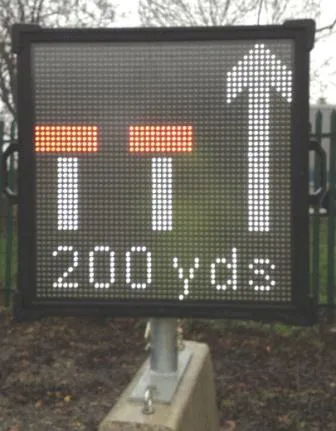High visibility is a key feature of 3M's engineer grade prismatic (EGP) reflective sheeting. The EGP Class RA1 reflective sheeting offers durability and performance and is designed for use on permanent road traffic signs, street nameplates, safety markings and other signage. The product is said to provide high reflectivity and colour contrast at any time of day in all weather conditions, when compared to engineer grade beaded materials. As it is efficient at retro-reflection, road signs using EGP are easier
February 10, 2012
Read time: 1 min

High visibility is a key feature of 152 3M's engineer grade prismatic (EGP) reflective sheeting. The EGP Class RA1 reflective sheeting offers durability and performance and is designed for use on permanent road traffic signs, street nameplates, safety markings and other signage.
The product is said to provide high reflectivity and colour contrast at any time of day in all weather conditions, when compared to engineer grade beaded materials. As it is efficient at retro-reflection, road signs using EGP are easier to read than those using the old style beaded equivalent according to 3M. EGP is also designed to minimise environmental impacts from manufacturing to disposal. Compared to other sheeting, EGP reduces volatile organic compound air emissions by 97% and reduces energy consumption by 77%.
The product is said to provide high reflectivity and colour contrast at any time of day in all weather conditions, when compared to engineer grade beaded materials. As it is efficient at retro-reflection, road signs using EGP are easier to read than those using the old style beaded equivalent according to 3M. EGP is also designed to minimise environmental impacts from manufacturing to disposal. Compared to other sheeting, EGP reduces volatile organic compound air emissions by 97% and reduces energy consumption by 77%.








